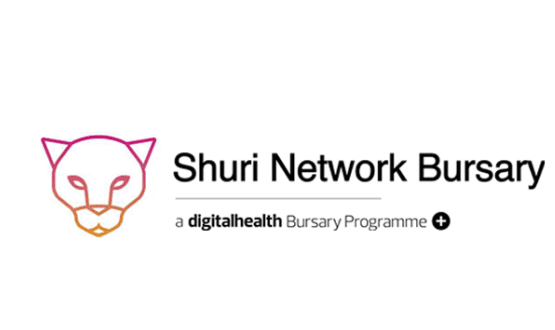EHTEL offers guidance on telemedicine strategies
- 10 March 2008
The European Health Telematics Association (EHTEL) has published a briefing paper looking at developments across the continent in telemedicine and improvements that could be made in the next two years.
The ‘Sustainable telemedicine: paradigms for future-proof healthcare’ report highlights the successes of introducing telemedicine to date in Europe, and offers guidance as to how the EU vision for integrated telemedicine services can be achieved buy its 2020 target.
ETHEL president, Martin Denz, said in his foreword: “By going back to the roots of healthcare and reconciling those fundamental values with innovative technological approaches, we are putting public health into practice and thus fostering a new breed of population oriented service industry. The present report shows that this process is already starting, but still in lack of a facilitating strategic framework.
“In order to achieve sustainable results, telemedicine and tele-health need explicit implementation, support, concrete incentives and reality-based cross-stakeholder scenarios. Developing electronically supported interaction between all stakeholders points at fostering personal and professional relationships as well as business relationships – to the advantage of all.”
The report looks at work underway to facilitate achieving EU ambitions in Austria, Belgium, Bulgaria, Cyprus, Denmark, Estonia, Finland, France, Germany, Greece, Hungary, Iceland, Ireland, Italy, Latvia and Luxemburg.
Other nations looked at include the Netherlands, Norway, Poland, Romania, Slovakia, Spain, Sweden, Turkey, and the United Kingdom.
Overall, the report notes the success of these initial runs, but adds: “The current challenge is to aggregate the achieved pieces of evidence, to consolidate the results, to integrate approaches on the basis of international, open standards, and to drive them towards operational development.
“Furthermore, a distinct shift is needed from telemedicine applications as stand-alone, added-value components driven by the paradigm of technology- push, toward e-health services emerging as one-of-many features in digital medical work environments driven by the paradigm of demand-pull.”
The need for one national service working to agreed EU-wide standards was also needed, the briefing paper claims.
“Further measures would be to establish a true interdisciplinary telemedicine service framework to overcome the multidisciplinary scattering of individual services and to agree on a common language of structured definitions for tele-health and telemedicine solutions.”
The full report will be published at this week’s World Health Care Congress in Berlin and EHTEL say they hope it encourages stakeholders to focus more on meeting an EU action plan target – for “the majority of European health organisations and health regions (communities, counties, districts) should be able to provide online services such as teleconsultation (second medical opinion), eprescription, e-referral, telemonitoring and telecare” by the end of this year.
Link




